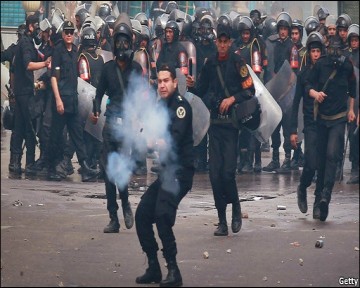The European Commission has proposed an agreement to import natural gas from Egypt, and Israel Reuters reported on Friday. This comes as part of EU bid to reduce energy reliance on Russia following the Russian-Ukraine war.
The draft agreement proposed to EU member states is still subject to changes and needs approval from the governments involved, according to Reuters.
The document indicates that the natural gas to be shipped to the European Union will originate either from Egypt, Israel, or any other source in the East Mediterranean region, including EU Member States in the region.
Furthermore, EU has previously announced that it intends to conclude a trilateral agreement with Egypt and Israel before the summer.
EU Commission President Ursula von der Leyen is scheduled to visit Cairo next week.
In 2018, Delek Drilling and Noble Energy, the operators of Israel’s largest natural gas fields Tamar and Leviathan, signed with the Egyptian company Dolphinus Holdings two 10-year agreements, worth $15bn to export Israeli natural gas to Egypt.
In 2019, Delek Drilling and Noble Energy and Dolphinus Holdings, established a joint venture under the name EMED, which bought stake from East Mediterranean Gas Company, the owner of the Arish–Ashkelon pipeline, in a deal worth $518m.
The deal completion paved the way for Israeli gas exports to Egypt, which are set at a total of 85.3bn cubic meters (bcm) over 15 years.
Egypt has been working to turn into a regional gas hub, by utilizing the country’s LNG plants in Idku and Damietta, through importing gas from Israel and Cyprus and re-exporting them to other markets. Both Cyprus and Israel need Egypt, as it already has all the necessary infrastructure in place.
To fully understand the Egyptian position, one must consider the country’s existing export infrastructure developed over the previous decade. The infrastructure did not only include the two LNG plants, but also two pipelines: the Arish-Ashkelon pipeline and the Arab Gas Pipeline (AGP).
The Damietta LNG complex is located 60 kilometres west of Port Said and has one train with a total capacity of 7.56 bcm per year of LNG. The Idku LNG complex is located 50 kilometres east of Alexandria and has two trains with a total capacity of 11.48 bcm per year. The total LNG export capacity stands at about 19 bcm per year




